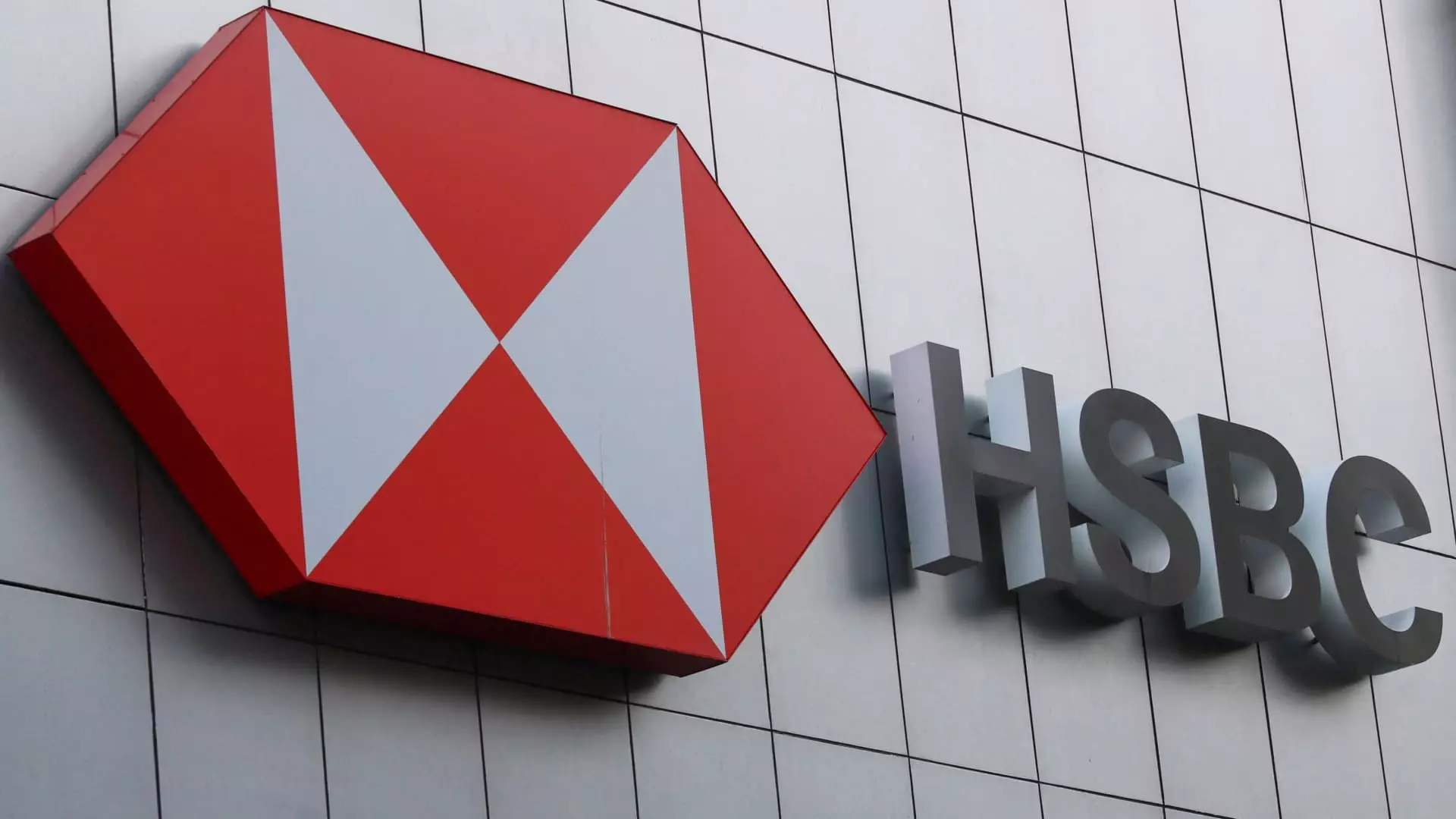On Wednesday, HSBC, Europe’s largest banking institution, revealed a share buyback initiative worth up to $2 billion, signaling confidence in its financial health despite facing pressing market conditions. The bank’s annual pre-tax profit saw an increase of 6.5%, bolstered largely by its strategic divestiture of its banking operations in Canada. This decision played a pivotal role in reshaping the bank’s financial landscape, culminating in total revenues of $65.85 billion, which represented a slight decline compared to the previous year’s figure of $66.1 billion.
The annual results were a mixed bag when juxtaposed with market expectations set by LSEG. While HSBC’s pre-tax profit hit $32.31 billion, slightly falling short of the anticipated $32.63 billion, it surpassed the conservative internal estimate of $31.67 billion. The fourth quarter performance showcased resilience, as profits nearly doubled year-over-year to $2.3 billion, strongly rebounding from a challenging previous quarter laden with a $3 billion impairment charge.
Future Outlook and Strategic Cost Reductions
Looking ahead, HSBC has delineated a clear pathway toward cost reduction, projecting an annualized saving of $1.5 billion by the end of 2026. This strategic move demonstrates the bank’s commitment to enhancing operational efficiency in a landscape marked by fluctuating interest rates and economic uncertainties. Furthermore, HSBC anticipates a slight dip in banking net interest income, forecasting $42 billion for 2025 compared to $43.7 billion in 2024, indicating a cautious but calculated approach in response to external economic pressures.
In a bid to realign its structures, HSBC is undergoing significant organizational changes, which includes a bifurcation of its operations into “Eastern markets” and “Western markets.” This restructuring aims to simplify processes and sharpen the bank’s focus on its core strengths. CEO Georges Elhedery, who took the helm in July following Noel Quinn’s retirement, emphasized this strategic shift towards a more agile and streamlined banking model.
Market Reactions and Personnel Adjustments
Reporting from the market, HSBC’s shares experienced a marginal dip of 0.29% post-earnings announcement, reflecting the mixed response from investors. Additionally, the bank has recently enacted layoffs, dismissing approximately 40 investment bankers primarily in Hong Kong, impacting sectors such as mergers and acquisitions, consumer banking, real estate, and resources. Such personnel decisions suggest HSBC is not only responding to economic realities but is also preparing for a more focused and efficient operational strategy.
While HSBC’s financial results and strategic initiatives reveal strengths and areas for improvement, the bank is simultaneously grappling with the complexities of a changing marketplace. The share buyback, alongside a pronounced emphasis on cost-cutting and a restructured operational model, underscores HSBC’s dedication to adapting in a competitive banking environment. As the financial landscape continues to evolve, HSBC’s ability to navigate these transitional waters will be pivotal in maintaining its status as a leading player in global banking.

